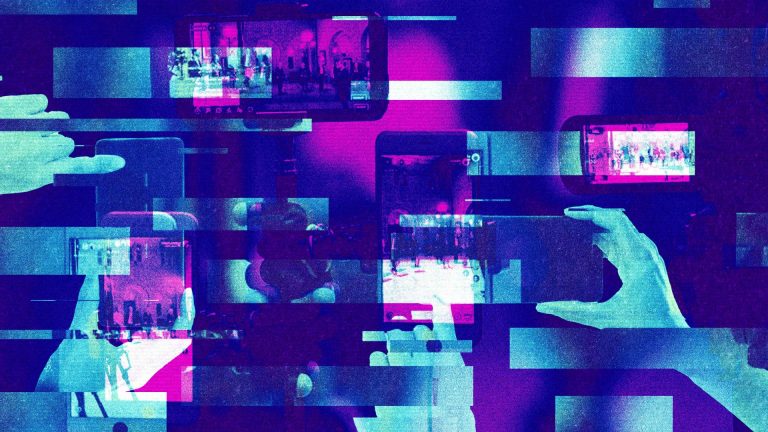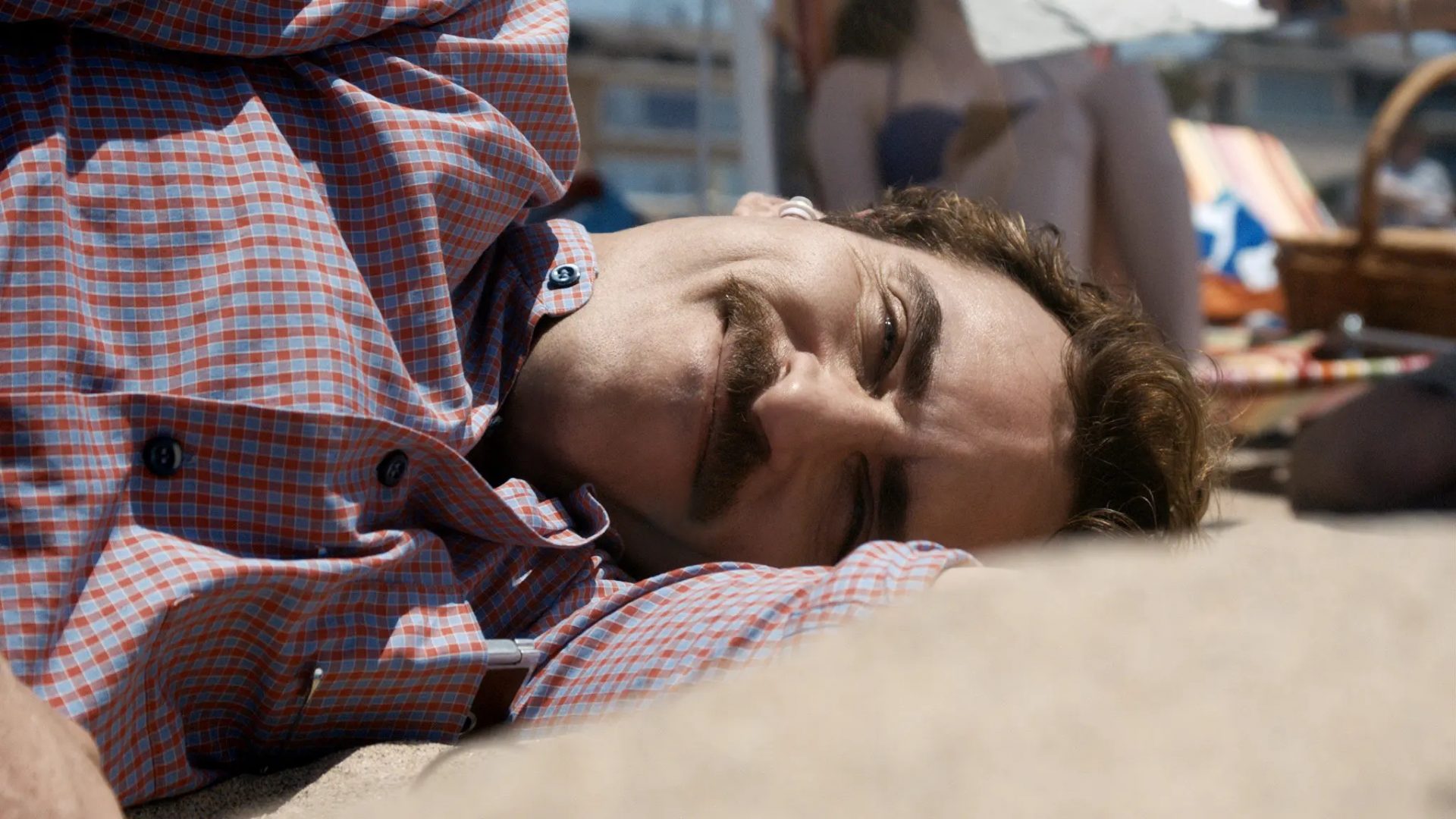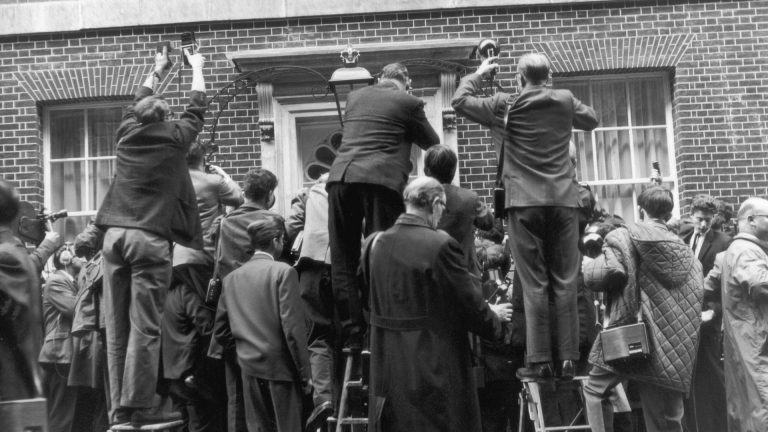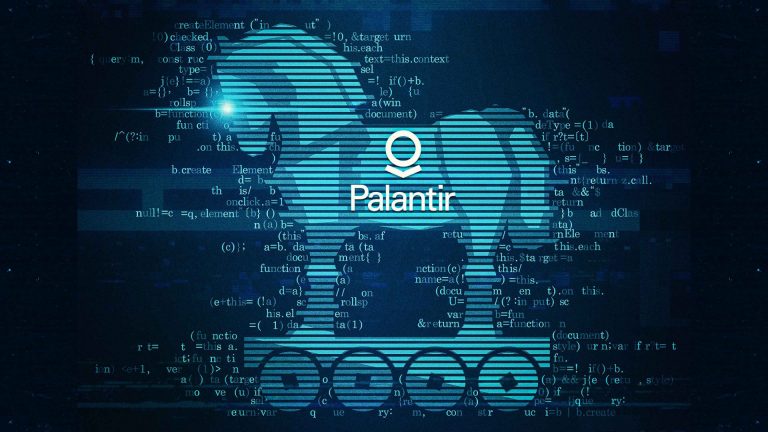There’s a maxim (it’s probably Freud) which states that our nightmares are our fantasies in disguise. Rewatching Spike Jonze’s Her made me wonder if perhaps the reverse could also be true. Could our fantasies be our nightmares in disguise?
Her was made in 2013 and is set in 2025. Like 1984, Blade Runner and 2001: A Space Odyssey, it is a science fiction film that has caught up with its own future. What makes it unusual is that it takes its cue not from George Orwell’s 1984, but instead from the more “anti-utopian” Brave New World, by Aldous Huxley.
That novel presents a world in which society’s problems have largely been solved using a rigid social classification system and copious amounts of a drug called “Soma”. Sex is shame-free and families no longer exist, as children are born in hatcheries.
Suggested Reading


Reality was fun while it lasted
Similarly, Her shows us a utopian Los Angeles. Devoid of smog and noise pollution, there’s no Skid Row, no poverty of any kind, no violence, no traffic, no ICE, no Donald Trump sending in the National Guard.
The main character, Theodore Twombly (Joaquin Phoenix in puppy dog mode), uses clean and functioning public transport and lives in a spacious apartment with panoramic views of the city on a mid-level income. His job is creative – he is a ghostwriter of personal letters – and his boss is appreciative. He works in an open-plan office and no one is annoying. His best friend is Amy Adams. But still, Theodore is sad.
This sadness is not the result of some oppressiveness rooted in society, nor revelation that there is something rotten in the state of California. Rather, he has a little “hole in his heart”, caused by his separation from and imminent divorce from Catherine, his childhood sweetheart, played by Rooney Mara. But even this has a solution when he buys a new operating system for his computer, an AI called Samantha (voiced by Scarlett Johansson).
What follows is a witty, clever, beautifully shot and scored romcom in which the trajectory of a whole relationship is played out. A work friendship evolves into something more via a bit of jealousy when Theodore dates Olivia Wilde. Then we get a bitter-sweet conclusion, where we leave the cinema wiping a tear and letting out a life-affirming sigh.
Well, not everyone. The tech writer Jaron Lanier wrote recently in the New Yorker of exiting a screening “feeling not just depressed but hollowed out. Here was the bleakest sci-fi ever”. Comparing Her to The Terminator or The Matrix, Lanier found Jonze’s film much more nihilistic: in those films, “usually there are a few humans left who fight back. In Her, everyone succumbs. It’s a mass death from inside.”
What disturbs Lanier so much is that the film is viewed with such reverence by people in the tech world. And these are the people racing to create a convincing real-life version of Samantha. OpenAI recently debuted a bot called Sky that sounded fairly similar to Johansson. The tech bros want their own Samanthas and, seeing Theodore fall in love with her, we as an audience are sold, too.
We are convinced because the film is advertising. Jonze has made many imaginative and original commercials for companies such as Ikea, Levi’s and Apple, and he employs the seductive skills of the advertiser in a series of montages that sell us the high concept of the film, but also the concept of the product. Only stuck-up ex-wives could possibly object.
She has the voice of Johansson and the songwriting skills of Arcade Fire; the humour of Spike Jonze and his perspective; plus she sees things via a camera lodged in Theodore’s pocket. This is utopia, but is there a nightmare hidden in the fantasy?
I would say yes. There’s an anti-utopia here as well. Remember Theodore’s job ghostwriting letters? He dictates them and they’re printed out, beautifully handwritten. Handwriting, rather than something individual, has become a font. And his writing, which is praised throughout and is set to become a book, is a collection of cliches. Aren’t cliches the original language of AI? This is a society so shallow it has no vantage point from which to judge its own superficiality.
Can you imagine what would happen if we all began to have friends and lovers who were bots? What would that do to our expectation of friendship? And who would be controlling and designing those bots? Would our loneliness become a product to be monetised? It is said that Netflix’s main competitor is sleep. Would Samantha’s main competitor be other human beings?












